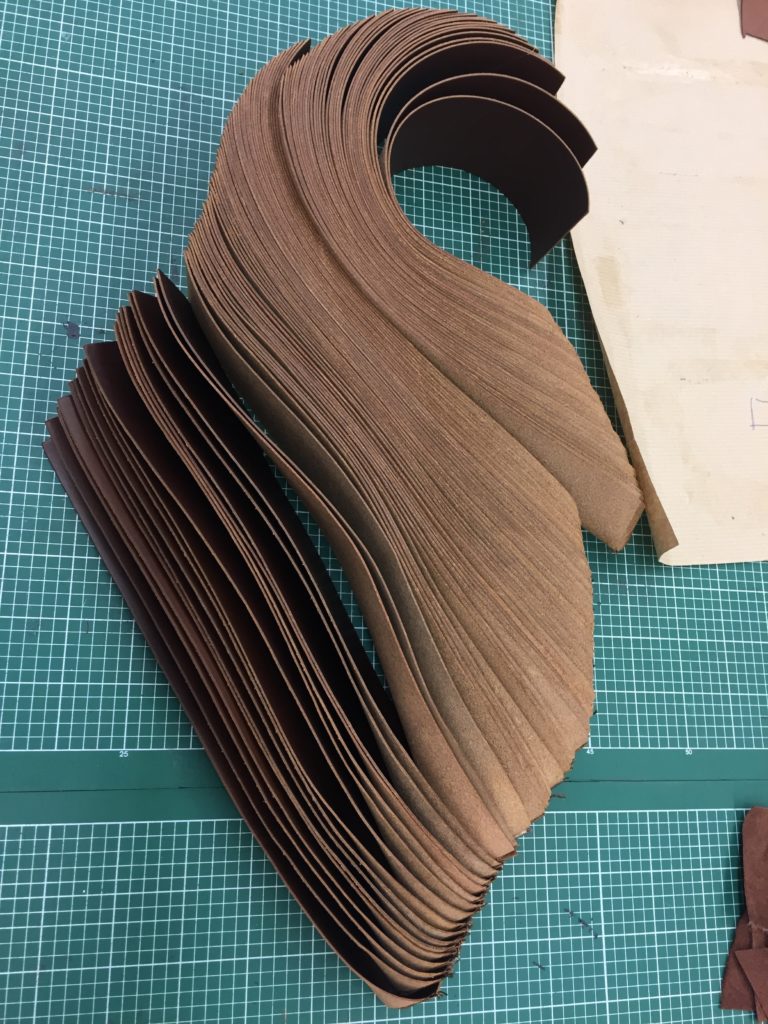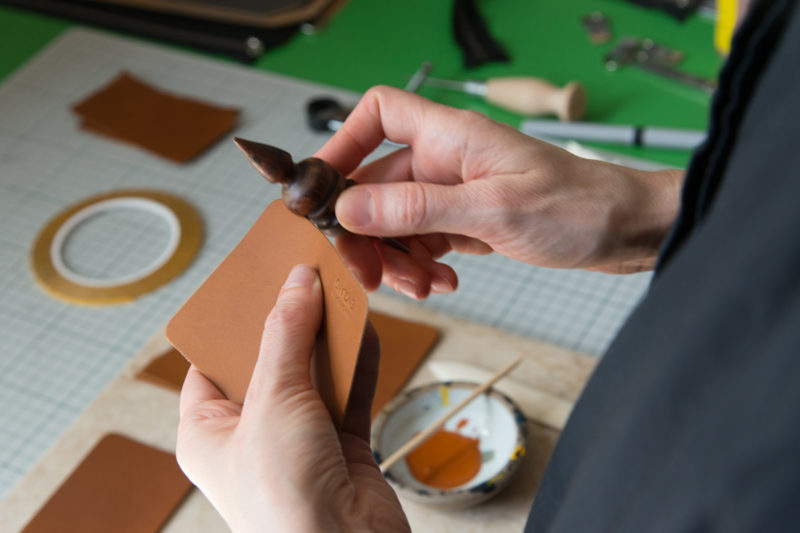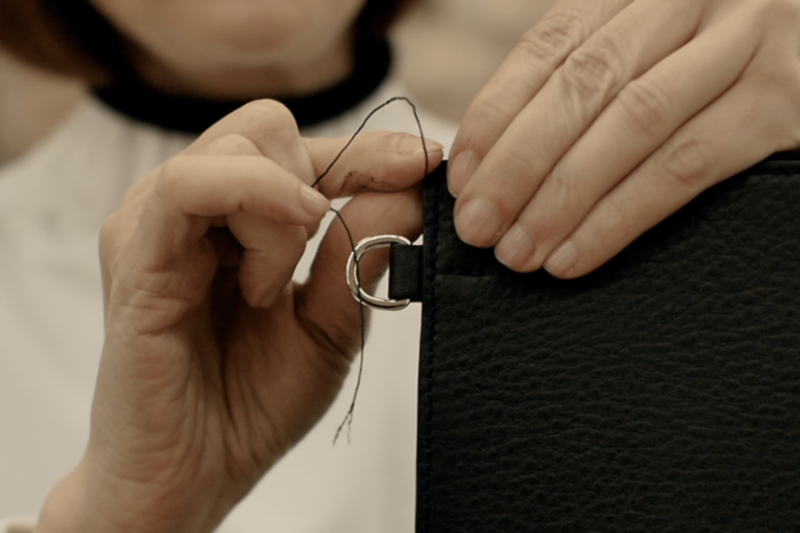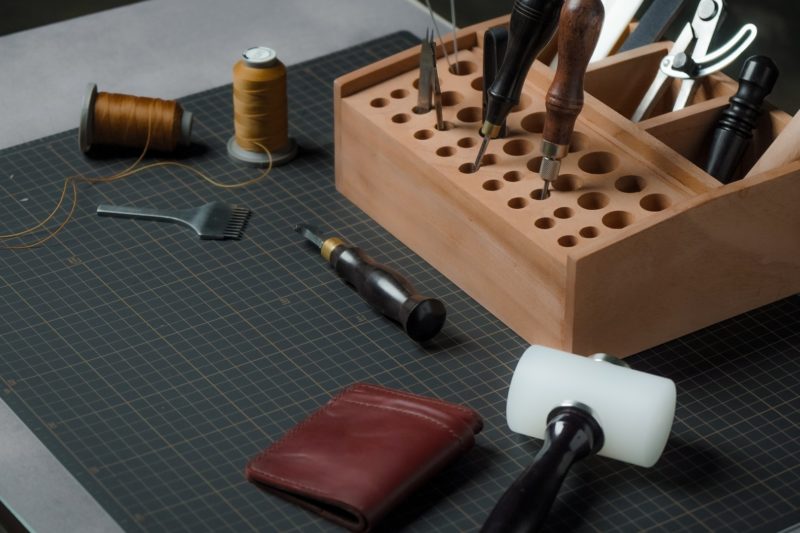Change is the only constant in the world. What also constantly changes is our perspectives towards a particular topic. With time, cultural, and societal developments, our thoughts and processes across varying domains sometimes witness a 360-degree shift. One such domain is that of leathercraft.
The narrative of the modern leathercrafting industry has shifted primarily towards sustainability, both in terms of how the materials are procured and the workflow practices involved in its manufacture. Plus, technological advancements in recent times have seen the integration of sustainable and eco-friendly practices into the leathercrafting industry.
You see, leather is a base material that we’ve used and will always be using extensively. However, it’s high time we adopt more sustainable and environmentally friendly techniques to source our base leather.
In this article, we’ve put together a list of existing problems in the leathercrafting niche. These problems are truly detrimental to our environmental state of homeostasis. Going forward, we also talk about what is responsibly sourced leather and responsible leather sourcing (UK). And finally, how adopting more sustainable and efficient leathercrafting practices (such as sustainable leather sourcing) can help minimise these problems.
Problems associated with existing leather production techniques
Animal-abuse
Traditionally, leather is manufactured out of hides obtained from animals like cows, buffalos and so forth. Hence, the sourcing of leather in the past has always been directly connected with animal slaughter. Today, this practice has become so deep-rooted within the fashion industry that the slaughtering of animals for their hide has created an imbalance in the food chains. And this is already having a detrimental effect on ecosystems worldwide.
Tanning procedures
Tanning transforms animal hide into leather by chemically altering the protein structure within the animal hide. Chromium-based tanning is one of the oldest processes and most commonly used techniques in leathercrafting. But this process is very harmful to an individual’s health and the environment.
Deforestation and Degradation
The animals whose skin is used as raw material for leather production require food and water for survival.
Many of the animals are raised for the sole purpose of meeting the leather demands of the market.
At least 70% of the Amazon rainforest went through deforestation to accommodate the creation of pasturelands for rearing animals that’ll eventually provide leather. This unprecedented and uncontrolled way in which animals are slaughtered and trees are cut down to allow for pasturelands results in the endangering and extinction of many species from around the globe.
Cancer and tannery
People living near or working in a tannery are exposed to the risk of getting diagnosed with cancer. This happens due to the exposure to harmful gases released during the chemical treatment of base leather. Also, arsenic which is extensively used in the tanning process is known to cause lung cancer.

Sourcing leather in a responsible manner
When we speak about responsible leather sourcing, we aim to ensure that the process has minimal adverse effects on the environment. Leveraging eco-friendly leather (sustainable leather wallet, for example), being aware of how leather is procured, and sticking to sustainable leather sourcing are some ways to practice that.
Let’s look at some more ways to source leather responsibly –
By-product material
As mentioned above, we must continue to source most of the raw material from the by-product of other sectors, thus reducing the rate of animal abuse.
Vegetable tanning
Chrome-tanning is a fast and effective option, but it’s equally hazardous to health and nature. On the other hand, vegetable tanning is a more environment-friendly option to ensure environmental and individual health, safety, and security.
Government ruling and policies
The government plays a more varied role in ensuring the sustainability of a place. How? It can frame and ensure compliance with strict rules around leather sourcing and production so that leather production can happen in a more environment-friendly manner.
Individual efforts for sustainable leather sourcing
- The use of sustainable and plant-based alternatives like pineapple leather, Mylo-mushroom leather, palm leather, etc., must increase so that we shift from the popularity of traditional leather to these options.
- Know that second-hand leather is a more viable option as it controls and minimises the rate of animal abuse for the production of authentic leather.
- We must avoid leather manufactured from the hides of endangered species.
- Check and use organic leather to achieve the aim of sustainable leather sourcing.
- Research where you’re sourcing your leather from and know what sustainable practices do they stand for.
In the End..
With time we’ve progressed to a more vigilant and technologically advanced community. We’ve more often than not looked out for the deficiencies and have worked to tackle them with utmost honesty. As far as leather sourcing and environment-degradation are concerned, the mentioned facts are not enough considering what mother nature has to go through because of us. Yes, things are changing positively, and we’ve to stick up to this change. And with the emergence of an alternative to traditional leather, this change is becoming exciting by the day.
Looking for More?
With years of experience in the leathercrafting industry, we at CreateLab offer you a holistic range of leathercrafting services here in the UK. Whether you’re looking to make leather goods or for leather goods wholesale in London, CreateLab, as a leather goods manufacturer in the UK, is here to help.
As pioneers in the leathercrafting niche, we help businesses develop innovative and luxurious designs that cater to their audience. We’d love to be a part of establishing your leather business with varied services.



